
Apple is better off without Steve Jobs
For all practical purposes, Tim Cook has run Apple since cofounder, and then CEO, Steve Jobs' January 2009 medical leave. Sure Jobs returned six months later and continued his micromanaging ways, but Cook, as COO, continued responsibility for day-to-day operations. He already had distinguished himself as a logistics genius, at Compaq and for a decade at Apple, before assuming Jobs' daily role -- and becoming CEO in August 2011. Cook's influence on the current state of Apple cannot be understated.
As I write Apple shares are up, following yesterday's stunning fiscal 2012 second quarter earnings results; net income rose a stunning 94 percent year over year. The stock closed down 2 percent yesterday, but shot up more than 7 percent in after-hours trading. Apple closed at $560.28 yesterday and opened at $615.99 today. But the measure of Cook's success, and why he is the better man to run Apple, is much more than rising share price. It's really about performance.

Macs may not get PC viruses, but they sure can spread them
What do sexually transmitted diseases and Mac viruses share in common? Surprisingly lots, according to security software developer Sophos. People can spread both without exhibiting symptoms, and the infection rates for "Macs carrying malware and level of Chlamydia infection amongst young people" are about the same.
Say what? That's the question asked in BetaNews group chat this morning about the seemingly strange correlation. But it makes sense to me. My colleague Tim Conneally gets it, too. He observed (after doing a little research): "One in 4 people with Chlamydia have no symptoms. They're saying it's spreading but not affecting the host". That's exactly Sophos' point. The firm found a shocking number of Macs infected with PC viruses, in a 100,000 sampling. The Macs are immune but can infect Windows PCs.

Microsoft enterprise licensing changes favor Windows RT, put Android and iOS in their place
If you can't beat them, manage them. It's a strategy that has worked well for Microsoft in the past, and it is emerging as a key element in announcements last week about how Microsoft will license Windows 8 in all its variations, including the x86 consumer, Professional and Enterprise editions, the embedded Windows RT and the cloud-based Windows Intune.
While Microsoft's primary goal is to stop Apple's growth in the enterprise, which it will do by tilting licensing policies in favor of Windows tablets, the company has a Plan B that will help monetize Apple and Android devices in the enterprise through management.
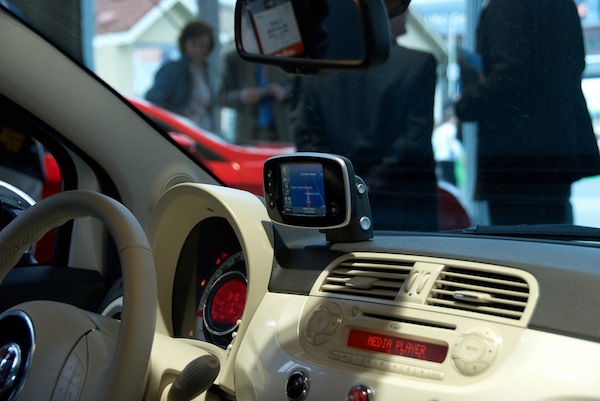
PCs need model years, just like cars
Windows PC makers will start unveiling their first 2013 models from today. They are all desktops built around the maiden Ivy Bridge processors out of the chute, which Intel announced late this morning. Ivy Bridge is the working name for Intel’s 2013 models.
Intel decision-makers chafe whenever I refer to their processor generations as model years. In fact, executives throughout the PC ecosystem universally hate the term. They’d better all start embracing it, though. Because they’ll need to adopt a model-year mentality if they want to ensure continuing growth.

Thank you, JK Rowling
Sometime ago, I pledged to wait on reading the Harry Potter series until it came out as ebooks. I was ready and willing for October's planned debut on Google Books, but that was cancelled last minute. What happened instead mindboggles. In late March, author JK Rowling opened the Pottermore Shop to sell the ebooks directly -- in formats for most any device and with no onerous digital rights management. Let me emphasize that last bit: no DRM.
I've meant to opine since buying the Harry Potter ebooks as a set -- and affordably priced at that -- when Pottermore Shop opened 25 days ago. The universal distribution approach, fair pricing and DRM-freeness set apart the most successful fiction series in history from most every other popular literature available today in digital formats. Rowling's ebooks mark a watershed moment in digital publishing that could eventually lead to the end of onerous DRM. Remember, music started that way, but mostly is DRM-free today.
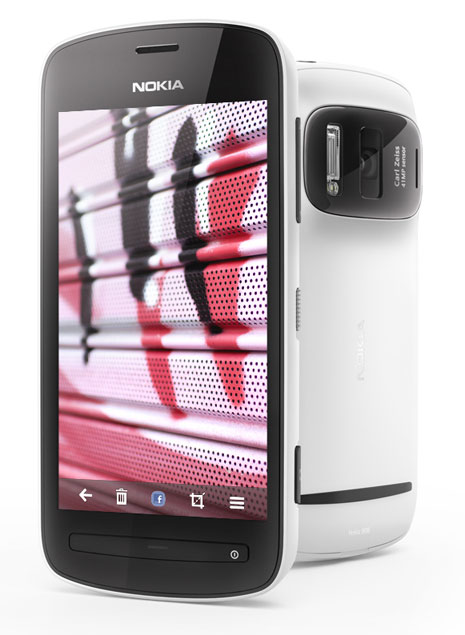
Windows Phone holds back Nokia?
That's the sentiment expressed by a commenter to an exciting promotional video Nokia uploaded to YouTube today. The Finnish handset maker shot the promo using the new Nokia 808 PureView, which sports 41-megapixel camera. The comment: "This is true Nokia innovation. Windows Phone is just holding them back". My question: Do you agree with either or both sentiments?
I'm a big Nokia fan, who relished the benefits of great camera capabilities long before iPhone even had a crappy one. I've owned E71, N79, two different N95s, N96, N97 and N900. Nokia's N Series set the standard for mobile phone photography that most rivals have yet to catch up -- and that includes the N8 and N9, which capabilities should shame every iPhone 4/4S photographer. I clamor for Nokia 808 PureView but won't buy one. Symbian holds me back, or perhaps I should say Windows Phone. Compelling as the smartphone may be, Symbian is a dead end. Windows Phone is Nokia's primary mobile OS now.

RIAA's Waterloo? Anonymous Looks to set streaming music free
Streaming music content is too restrictive, believes hacktivists Anonymous. Six members of the group have released Anontune, a web-based application that aims to aggregate streaming music online and place it in a central location. AnonTune currently accesses the catalogs of YouTube and SoundCloud, although the developers plan to add content from other services including Yahoo Music, Myspace Music, Bandcamp and others in the future.
True to the groups name, users will be able to listen to tracks anonymously, and Anonymous itself will not store the tracks. Instead it depends on the catalogs of the services it aggregates, thus leaving the sticky copyright issues to those sites. Recording Industry Association of America's Waterloo, indeed. The next one, if Napster wasn't enough a computing generation ago.
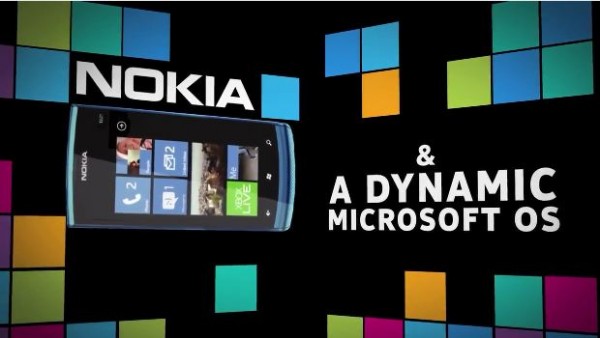
Nokia's short-term pain is the result of long-term problems
Point. It's always fun to point the blame at someone, and everyone loves to blame CEO Stephen Elop for Nokia's woes. As the Finnish phone manufacturer began to burn, Elop came aboard and made a deal with his former employer, Microsoft, to adopt the Windows Phone platform. Pundits thought he was insane, and have criticized him repeatedly for the move.
These criticisms grow louder as Nokia reports a $1.3 billion euro ($1.76 billion) loss in the first quarter of 2012. According to the financial statements, the company burned through 700 million euros in cash during the same quarter, and has a little under five billion euros in cash left. The company may face bankruptcy in two years.

Nokia does the Windows Phone death dance
Few high-tech companies have imploded like Nokia and at the strangest time. Typically, dominant companies get killed during transitions from where they rule to where they don't. Nokia is oddest exception, imploding during a major computing era shift that favors its core competency. Transition from the PC to the mobile device eras is underway -- to a market where Nokia was, until recently, share leader by huge margins. How low the mighty has fallen, and former Microsoft division president turned Nokia CEO Stephen Elop wields the missile codes that launched self-inflicted nuclear strikes.
Today's Nokia earnings report is a disaster. It's radioactive fallout from Elop's decision to turn over the Finnish company's crown jewels to Microsoft. Elop sold Nokia's soul to his former masters, which I described at the time as a "silent takeover" of the company. Nokia needed new leadership, not new technology -- Elop's fundamental platform and cloud services switch -- to combat escalating Android and iOS competition. Before his tenure, Nokia did the right things, just in the wrong ways. Since taking the chief executive's seat in Autumn 2010, Elop has done the wrong things in all the right ways to destroy a once proud mobile device innovator.
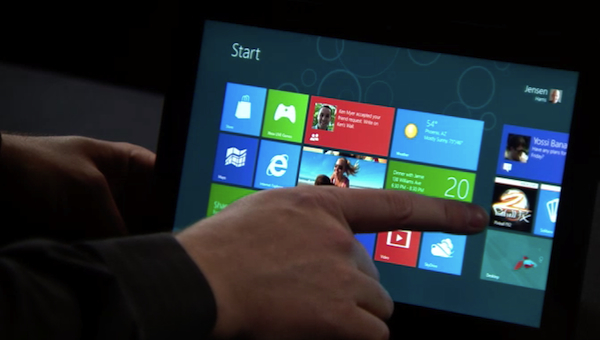
Three Windows 8 editions is just right
Common sense has returned to Windows product marketing. After rumors of nine Windows 8 editions sent me into near cardiac arrest last month, Microsoft instead has gone back to basics. The new operating system will come in just two editions for x86 processors -- Windows 8 and 8 Pro. If you're running Windows XP today, as most people still are, these two will be familiar to you, right down to the major differences between them, being similar to Home and Professional Editions. The third, Windows RT, is for devices running ARM processors, and, as Microsoft previously disclosed, will only be available on new hardware. You can install Windows 8 or Pro on your PC, but RT comes preloaded.
Hot damn! There's seriously fresh thinking going on over at the Windows & Windows Live division. Someone pinch me and pray tell I'm not dreaming. The only thing better than this would be lower pricing, which, admittedly, I'm not hopeful for. But one can dream within the dream!

Has programming lost its way? Part Two
Whether you are an engineer, a designer, a programmer or of any other trade that requires skill, the one lesson many have been taught early on is "keep it simple". Sadly this lesson is often lost in the name of progress, especially when it comes to programming.
Let me give you one example. I know this won't go over well with most programmers, but it needs to be said. Languages like C++ simply are not simple by design. Object-oriented programming, while possibly having some value for specific tasks, does not make programming simpler. I would venture to say that the so-called benefits of object-oriented programming has more to do with the feature set of the higher level objects that some languages provide, more so than it being accomplished using OOP.
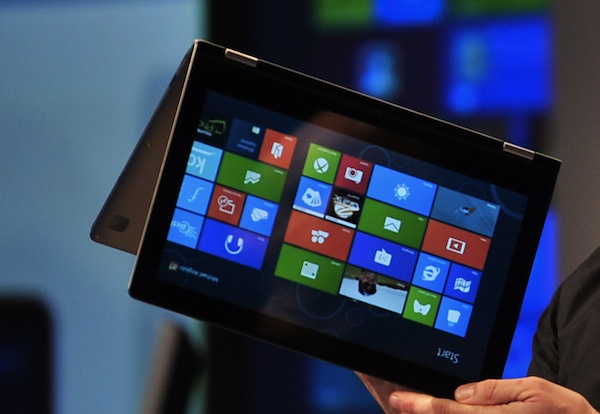
Metro apps on Windows 7 is a bad, bad idea
As we move closer to the launch of Windows 8 -- and the sea change that the Metro user interface brings to the platform -- there's an ever increasing drumbeat of both skepticism, concern, and apprehension depending on who you talk to.
End users are skeptical of Metro because they do not see its value. The interface completely changes how we interact with Windows, and in some cases will confuse us. I point you to this video of tech pundit Chris Pirillo's father attempting to use Windows 8 for the first time without instruction as an example. Microsoft may have unintentionally added an extra layer of complexity in an effort to simplify the OS.
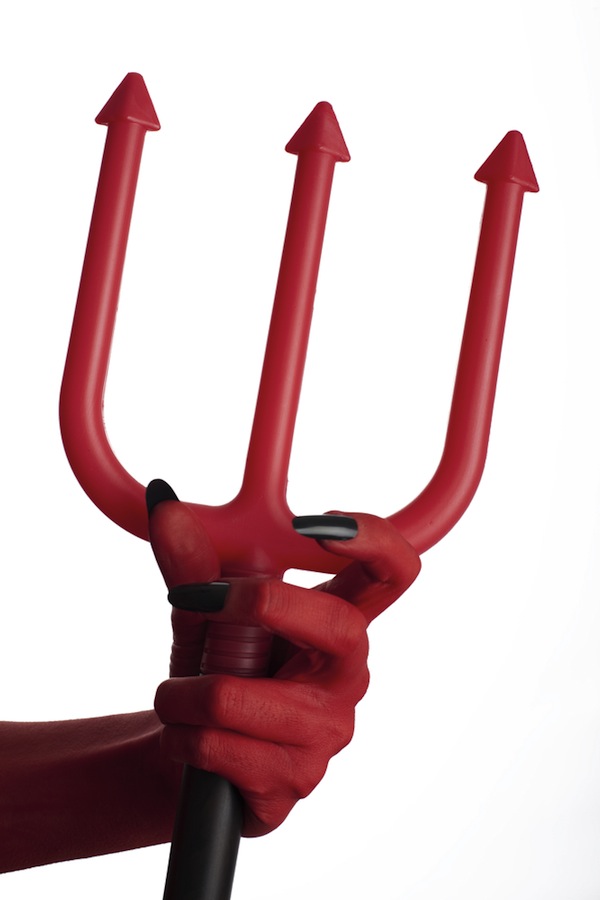
Google is evil
In the Biblical story, the serpent tempted Eve by offering something she desired -- to be like God. It's appropriate metaphor for every shyster that followed. Evildoers follow a consistent pattern of offering something tempting that masks something else. It's the art of misdirection that assures them power or profit -- often both. If there is a definition of evil, it's taking advantage of others for personal gain. The more people, the more evil. Greater the trickery, eviler still.
That sums up my assessment of Google's non-voting split revealed yesterday concurrently with first-quarter earnings. Stock-split seemingly gives investors twice as many shares as they have now. But half will be non-voting ones, diluting shareholders' say in Google's doings. Essentially, the company seeks to have it both ways -- be private while having the benefits of public investment. The most disruptive company of the 21st century is at it again. The implications are seemingly astounding.

Intel's Studybook can be a success
Intel is putting more effort into their Atom CPU series, especially for the next generation of tablet computers. Along those lines, yesterday's Intel Studybook tablet is exciting. I really like the idea of this tablet. As the name implies, Studybook is a 7-inch tablet running Windows 7 or Android 3.x designed for students.
There is one challenge, though, and that is the Atom CPU, especially if such tablets use Windows instead of another operating system. So, is the Atom microprocessor up to the task?

Do I really need anti-malware?
In the realm of security, there are a number of discussions that never seem to be completely resolved and crop up again from time to time. One of these is the age old question: “Is antivirus really necessary”?
To the average PC user, the idea that antivirus (or more accurately, anti-malware) isn’t necessary may seem as crazy and dangerous as suggesting we get rid of seatbelts in cars (let alone keep airbags, antilock brakes and other safety features). For years, PC users have been told to “protect your PC” by running antivirus and keeping it and the system constantly up-to-date. Microsoft made these steps the foundation for its guidance to customers in the wake of the Slammer and Blaster worms in 2003 and that advice took root, helping to better protect PC users since then.
